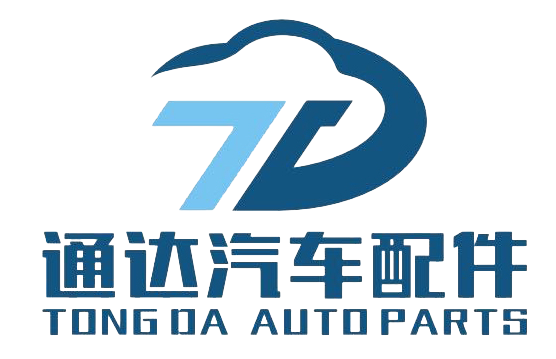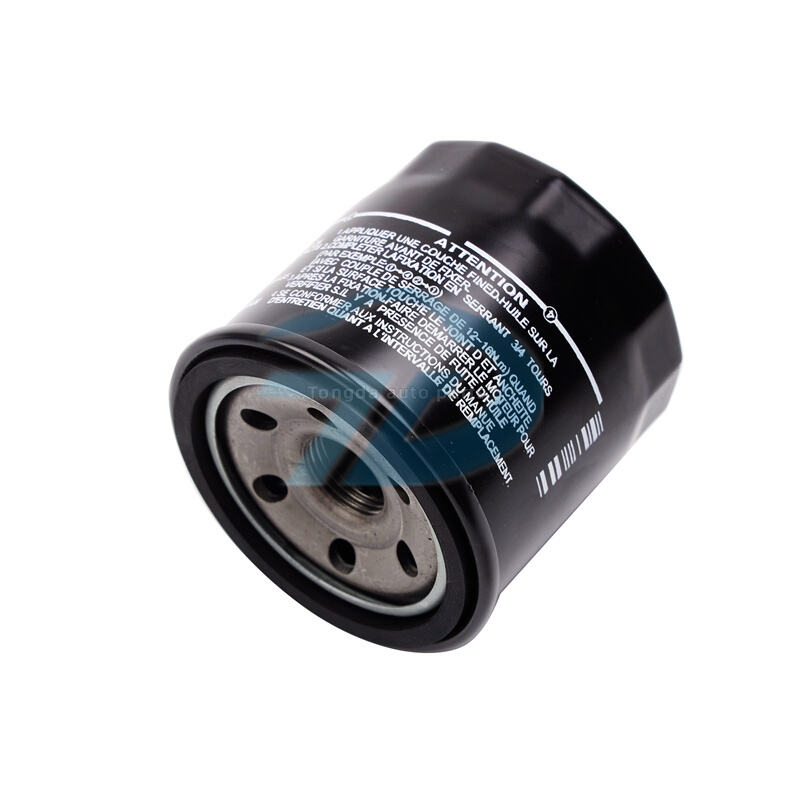Stratégie globale d'évaluation de la stabilité de filtration à long terme des filtres
As a key component in the industrial and automotive fields, the long-term filtration stability of filters directly affects the operational efficiency, maintenance costs, and environmental protection of equipment. Evaluating the long-term filtration stability of a filter is not only a comprehensive consideration of its performance, but also an important step in ensuring the continuous and efficient operation of the equipment. This article will explore how to scientifically and systematically evaluate the long-term filtration stability of filters from multiple dimensions.
1、 Analysis of Filter Performance Parameters
1. Initial filtration efficiency
The initial filtration efficiency is the fundamental indicator for measuring the performance of a filter, which reflects the filter's ability to filter specific particle sizes in a brand new state. Through laboratory testing, the filtration efficiency data of the filter for particles of different sizes can be obtained, providing a benchmark for evaluating its long-term stability.
2. Capacity and lifespan
The capacity of a filter, which refers to the total amount of pollutants it can accommodate and effectively filter, is a key factor determining its service life. A filter with good long-term stability should have a large capacity and be able to maintain efficient filtration for a longer period of time, reducing the frequency of replacement.
2、 Evaluation of Filter Material and Structural Design
1. Durabilité du matériau
The durability of filter materials directly affects their long-term filtration stability. High quality materials shall have good corrosion resistance, high temperature resistance and aging resistance, and be able to maintain structural integrity and extend service life under adverse conditions.
2. Structural rationality
Reasonable structural design can reduce fluid resistance, improve filtration efficiency, and enhance the mechanical strength of the filter. When evaluating, attention should be paid to the fluid dynamics design, sealing performance, and design features of the filter that are easy to replace and maintain.
3、 Performance testing in actual operating environment
1. On site testing
Installing the filter in an actual operating environment and conducting long-term tracking tests is the most direct method to evaluate its long-term filtration stability. By monitoring the changes in pollutant concentration, pressure loss, and replacement cycle before and after the filter, its performance in practical applications can be comprehensively evaluated.
2. Accelerated aging test
Accelerated aging testing simulates the use of filters under extreme conditions such as high temperature, high pressure, high humidity, etc., to accelerate their aging process and evaluate their performance stability during long-term operation. This testing method can detect potential problems in advance and provide a basis for improving and optimizing the filter.
4、 User feedback and after-sales service
1. User satisfaction survey
User satisfaction survey is an important reference for evaluating the long-term filtration stability of filters. By collecting feedback from users on filter performance, service life, and ease of replacement, we can understand the performance of filters in practical applications and provide direction for product improvement.
2. After sales service and support
High quality after-sales service and support are important guarantees for ensuring the long-term stable operation of the filter. When evaluating, attention should be paid to the after-sales service provided by the filter supplier, such as technical support, maintenance services, replacement guidance, as well as their response speed and processing ability to user feedback.
5、 Comprehensive evaluation and continuous improvement
1. Comprehensive evaluation system
Establish a comprehensive evaluation system for the long-term filtration stability of filters, incorporating the above evaluation indicators to form a quantitative score, in order to compare the performance of different filters more intuitively.
2. Continuous improvement mechanism
Based on the evaluation results, establish a continuous improvement mechanism for the filter, carry out technological innovation and optimization for the identified problems, and continuously improve the long-term filtration stability of the filter.
conclusion
Evaluating the long-term filtration stability of a filter is a complex and systematic process that requires comprehensive consideration from multiple dimensions, including performance parameters, materials and design, actual operational testing, user feedback, and after-sales service. Through scientific and systematic evaluation, it can be ensured that the filter performs at its best in practical applications, providing strong support for the continuous and efficient operation of the equipment. In the future, with the continuous advancement of technology and the increasing maturity of the market, the long-term filtration stability evaluation of filters will be more accurate and efficient, injecting new vitality into the development of the industrial and automotive fields.

 FR
FR








































